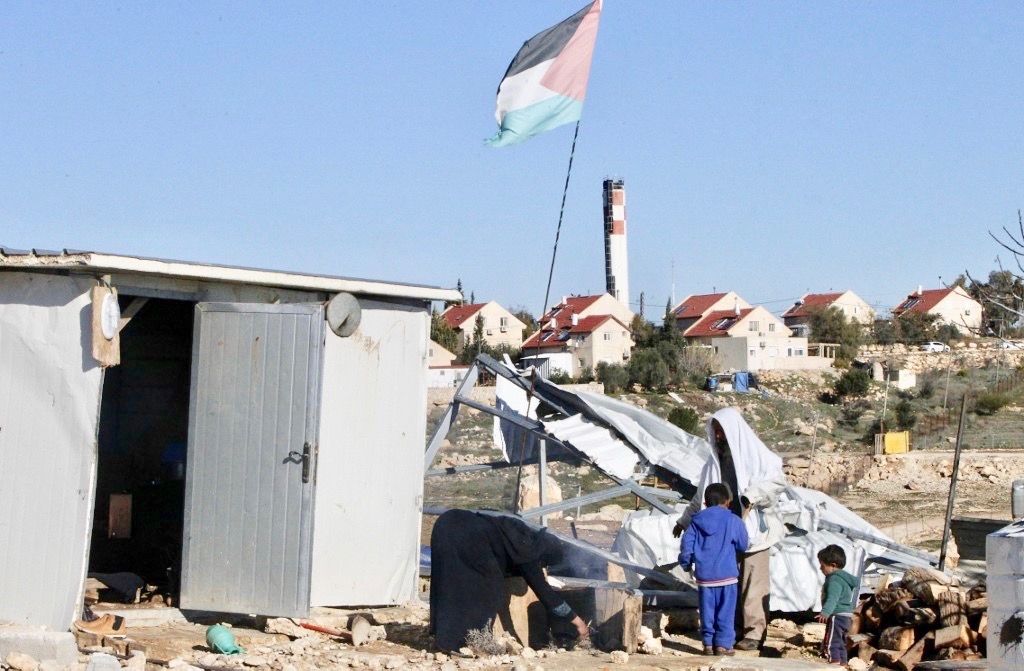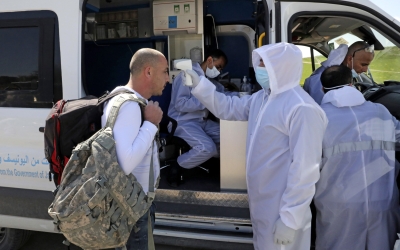West Bank poor may double amid pandemic, World Bank says

The Palestinian territories have seen low infection rates after acting quickly to curtail the spread of the novel coronavirus, with three deaths out of 450 cases registered among five million residents in Gaza and the West Bank.
Still, the Palestinian Authority's financial situation is "expected to become increasingly difficult" amid a loss of income and increased spending on health care and other areas, the World Bank said in a report.
The fallout is expected to see the number of households living below the poverty line increase this year to 30 percent from 14 percent in the West Bank, mostly because of Palestinians being unable to cross into Israel for work, AFP reported.
The PA last week announced an end to the lockdown it had imposed in early March across the West Bank after an outbreak of the Covid-19 illness in the city of Bethlehem.

The easing allowed more than 63,000 Palestinians to pass through checkpoints for work on Sunday, according to the Israeli military branch handling civilian affairs in the occupied Palestinian territories.
The borders of the Hamas-run Gaza Strip, which has been under a crippling Israeli blockade since 2007, remain closed to all but a few returning Gazans who are quarantined upon arrival.
The poverty rate was already 53 percent in Gaza before the pandemic and the World Bank forecasts it may jump to 64 percent this year.
Overall, the Palestinian economy is set to shrink between 7.6 percent and 11 percent, the global body said, a severe downturn after one percent growth in 2019.
Israeli restrictions in the West Bank lower Palestine’s GDP by $3.4bn a year, or 35 percent of Palestine’s economy, by restricting Palestinian access to agricultural and resource-rich land, according to the Borgen Project website.
Despite the PA taking steps to manage the economic blow of the coronavirus, the World Bank said its financial gap "could increase alarmingly" from $800m last year to $1.5bn this year.
"At this point, it is not possible to say how long it will take for the economy to recover from the current containment measures," the bank said.
The Jerusalem Post reported that the UN plans to say the PA faces economic collapse and the West Bank faces potential violence from Israeli annexation attempts, during a virtual donor parley to be held on Monday.
The World Bank report, which was prepared for the UN meeting, recommends investing in mobile networks to boost Palestine’s economy.
Palestinians rely on 2G and 3G mobile data networks in Gaza and the West Bank respectively, while some countries are already adopting 5G.
Middle East Eye delivers independent and unrivalled coverage and analysis of the Middle East, North Africa and beyond. To learn more about republishing this content and the associated fees, please fill out this form. More about MEE can be found here.




